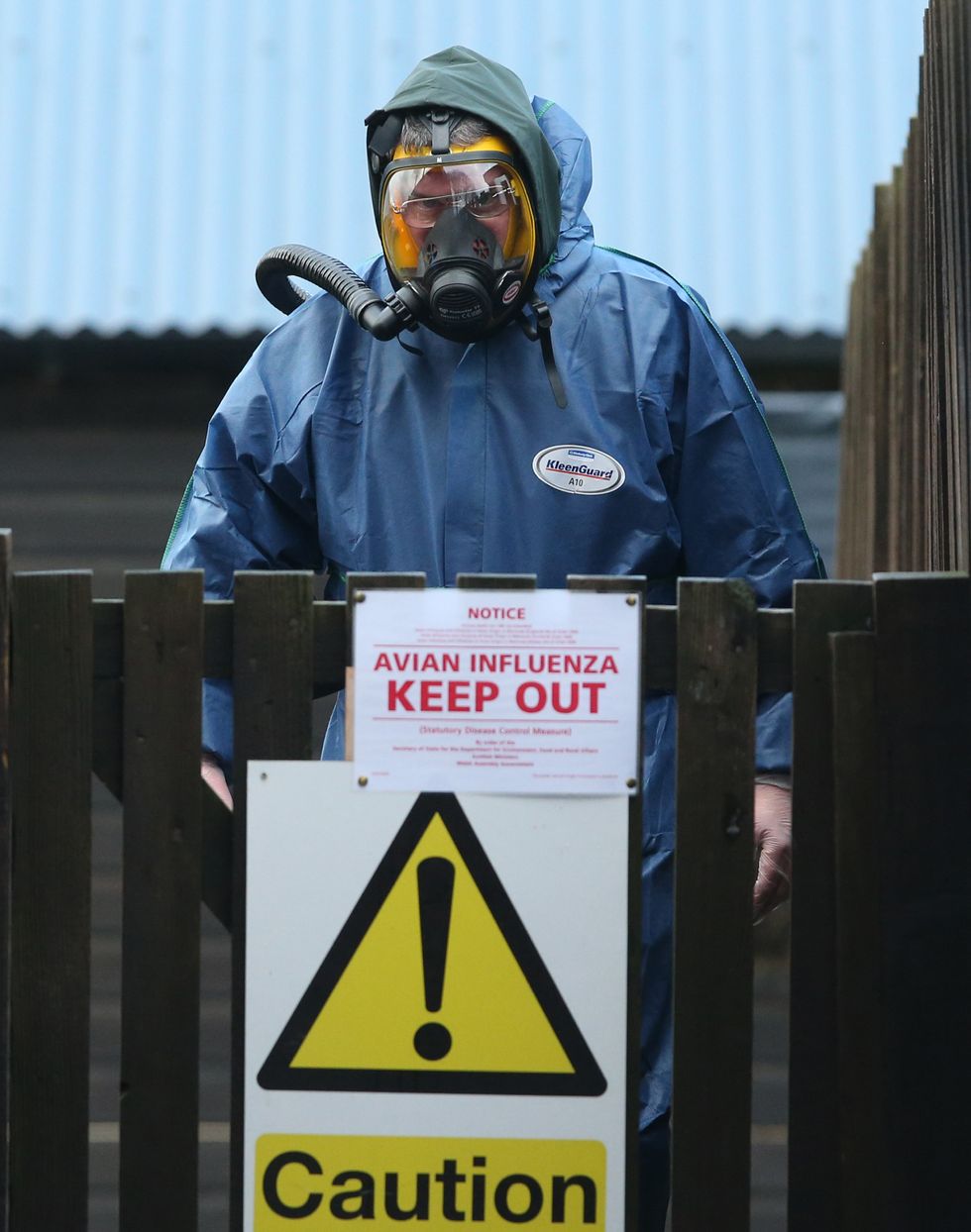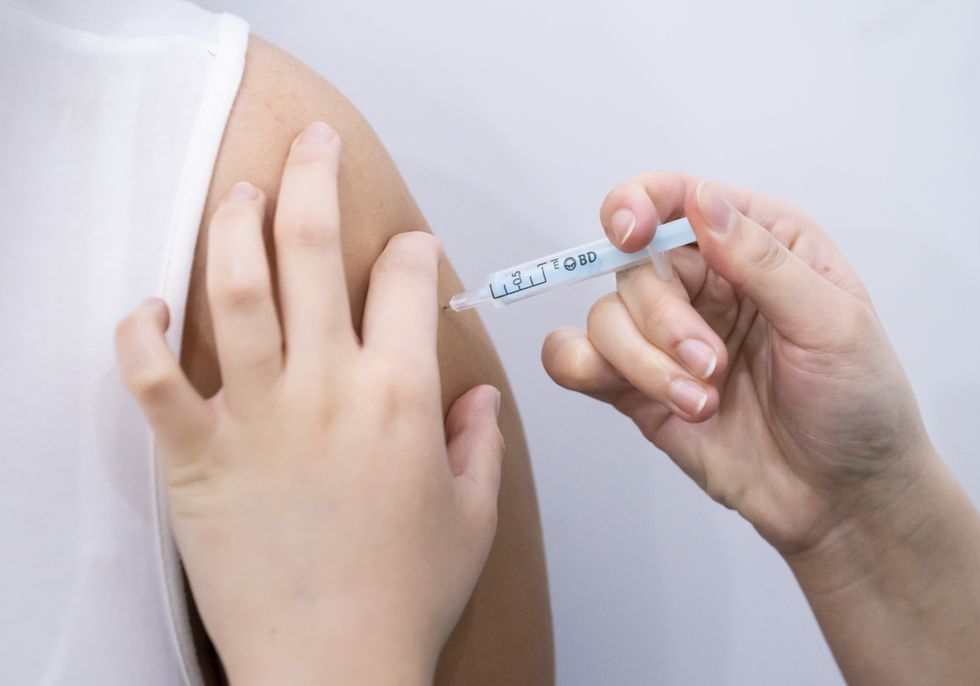The UK has ordered five million vaccines against bird flu – dubbed “one mutation from being the next Covid” – just as Britons approach the five-year anniversary of the start of the coronavirus pandemic.
The stockpile comes amid growing concerns that the H5N1 strain of avian influenza could potentially trigger the next global health crisis.
While the virus cannot currently spread between humans, scientists are monitoring its evolution closely after recent outbreaks in US dairy cattle raised alarm bells.
CSL Seqirus, the firm contracted to deliver the jabs, stands ready to produce over 100 million influenza pandemic vaccines if needed, the i newspaper reports.

Scientists are monitoring the virus’s evolution closely after recent outbreaks in US dairy cattle raised alarm bells (file photo)
PA
It also comes as the US battles the virus in several states – California has become the latest to declare an emergency over infected cattle herds, while the states recorded its first “severe” human case of bird flu in Louisiana just days ago.
The UK Health Security Agency (UKHSA) currently rates the bird flu threat at Level 4, indicating sustained outbreaks in mammals and increasing human cases from animal contact.
Since 2003, there have been 939 human cases of bird flu globally, with 464 deaths – all caught directly from birds or animals.
While the risk to the general public remains low, experts are concerned about the virus’s presence in dairy cattle that have regular human contact.
LATEST HEALTH UPDATES FROM GB NEWS:

The firm contracted to deliver the jabs stands ready to produce over 100 million more if needed
PA
A recent study in the Science journal suggests the virus is just one mutation away from becoming easily transmissible between humans.
Scientists at Scripps Research in San Diego identified a specific mutation, known as Q226L, which could enable the virus to attach to human-like cell receptors.
However, researchers note that additional genetic mutations would still be required for human-to-human transmission.
Dr Thom Rawson from Imperial College London’s Jameel Institute said the virus must overcome multiple challenges, including binding to lung receptors, replicating in the body, and evading the immune system, to spread between humans.
And the UKHSA has implemented comprehensive testing protocols in NHS intensive care units for patients with serious respiratory illnesses.
If common flu viruses or Covid are ruled out, these patients are tested for bird flu.
The Government’s contract with CSL Seqirus for vaccine supplies was awarded this autumn.
The five million vaccine doses will be held in reserve, ready to deploy if the threat level rises to Level 5.
Testing of poultry workers is conducted regularly by the UKHSA and Animal and Plant Health Agency to identify potential human cases, while British scientists are also researching the virus’s spread among poultry, and are testing marine mammals.
Experts believe a UK cattle outbreak is unlikely due to strict hygiene rules implemented after the 1990s BSE crisis.
And as for the American cases, Dr Rawson highlighted that US farms lack similar controls, describing it as “a bit of a wild west” regarding cattle movement.
A Government spokesman said: “We continually update our pandemic planning as concerns about infectious diseases emerge and recently announced the purchase of more than five million doses of human H5 influenza to ensure we are prepared.”
They added that they are reviewing long-term resilience “to make sure we’re doing all we can to keep the country safe.”